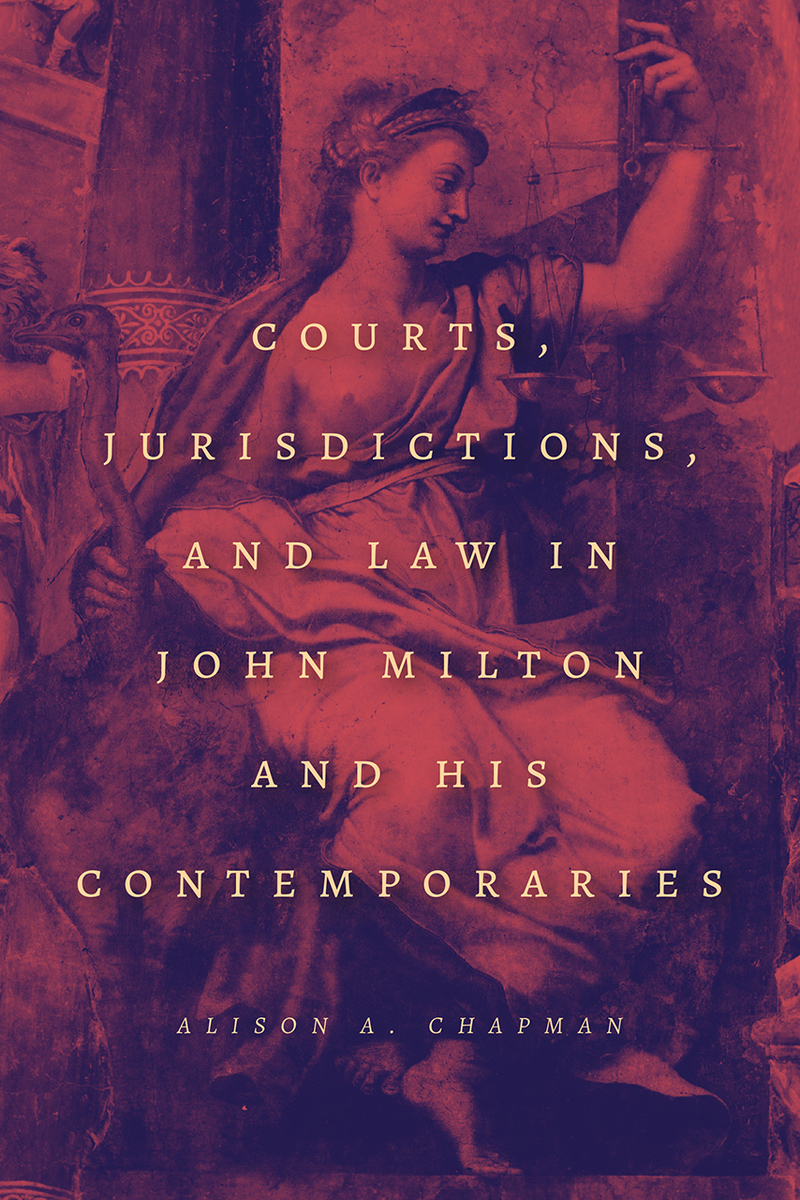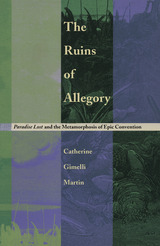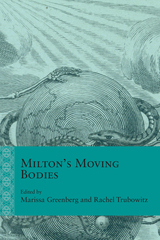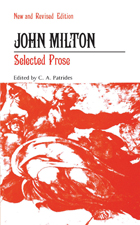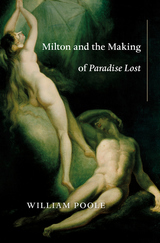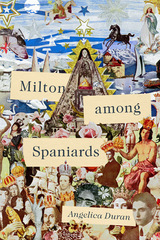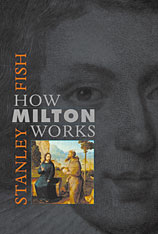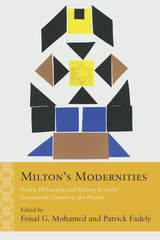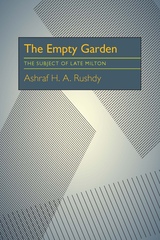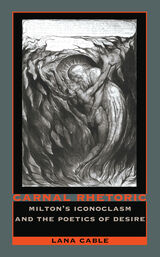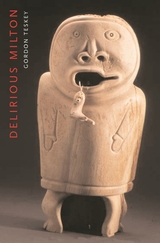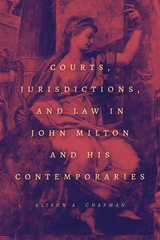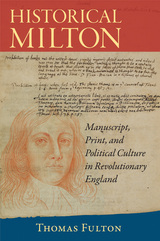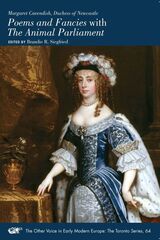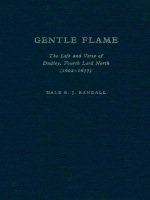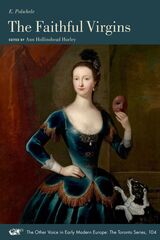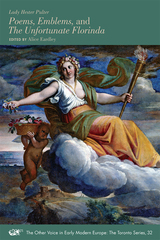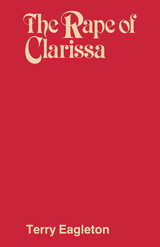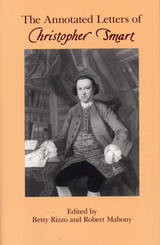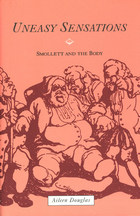Courts, Jurisdictions, and Law in John Milton and His Contemporaries
University of Chicago Press, 2020
Cloth: 978-0-226-72915-2 | Paper: 978-0-226-72929-9 | eISBN: 978-0-226-72932-9
Library of Congress Classification PR3592.L3C47 2020
Dewey Decimal Classification 821.4
Cloth: 978-0-226-72915-2 | Paper: 978-0-226-72929-9 | eISBN: 978-0-226-72932-9
Library of Congress Classification PR3592.L3C47 2020
Dewey Decimal Classification 821.4
ABOUT THIS BOOK | AUTHOR BIOGRAPHY | REVIEWS | TOC | REQUEST ACCESSIBLE FILE
ABOUT THIS BOOK
John Milton is widely known as the poet of liberty and freedom. But his commitment to justice has been often overlooked. As Alison A. Chapman shows, Milton’s many prose works are saturated in legal ways of thinking, and he also actively shifts between citing Roman, common, and ecclesiastical law to best suit his purpose in any given text. This book provides literary scholars with a working knowledge of the multiple, jostling, real-world legal systems in conflict in seventeenth-century England and brings to light Milton’s use of the various legal systems and vocabularies of the time—natural versus positive law, for example—and the differences between them.
Surveying Milton’s early pamphlets, divorce tracts, late political tracts, and major prose works in comparison with the writings and cases of some of Milton’s contemporaries—including George Herbert, John Donne, Ben Jonson, and John Bunyan—Chapman reveals the variety and nuance in Milton’s juridical toolkit and his subtle use of competing legal traditions in pursuit of justice.
Surveying Milton’s early pamphlets, divorce tracts, late political tracts, and major prose works in comparison with the writings and cases of some of Milton’s contemporaries—including George Herbert, John Donne, Ben Jonson, and John Bunyan—Chapman reveals the variety and nuance in Milton’s juridical toolkit and his subtle use of competing legal traditions in pursuit of justice.
See other books on: 1608-1674 | Courts | Law and literature | Law in literature | Milton, John
See other titles from University of Chicago Press
